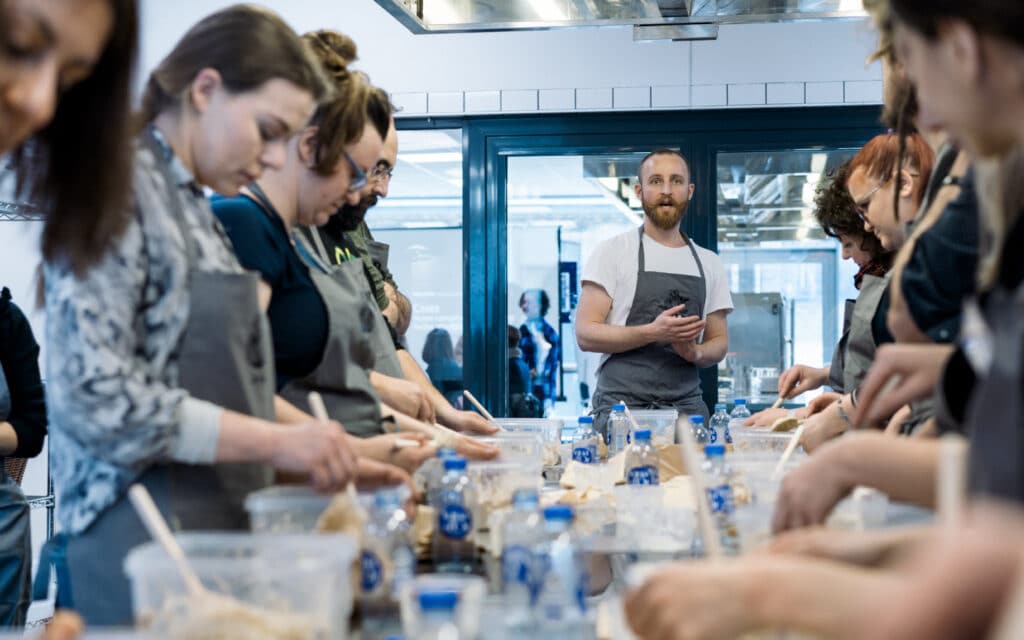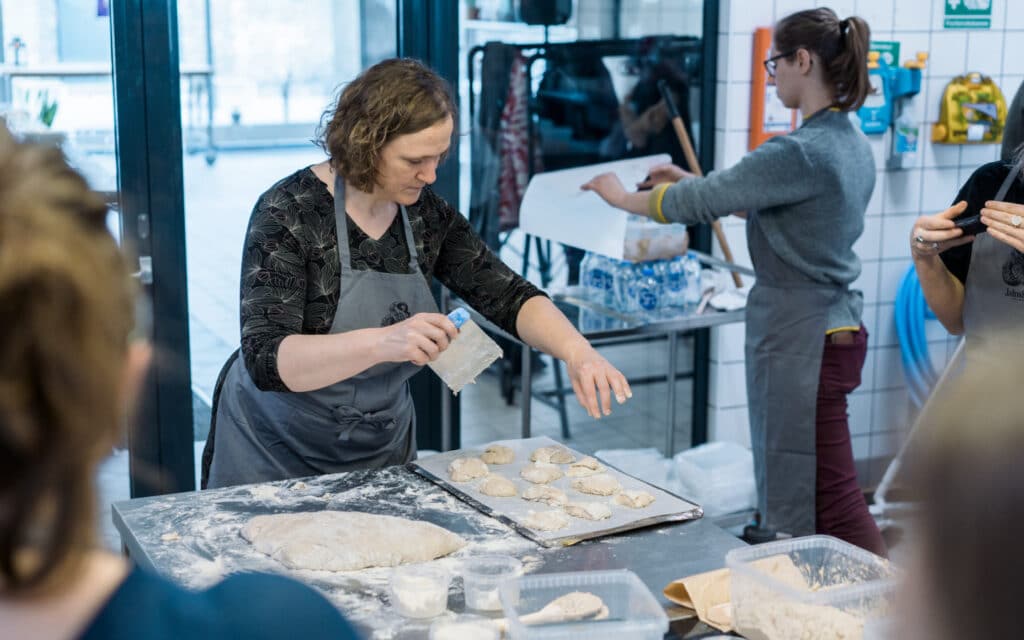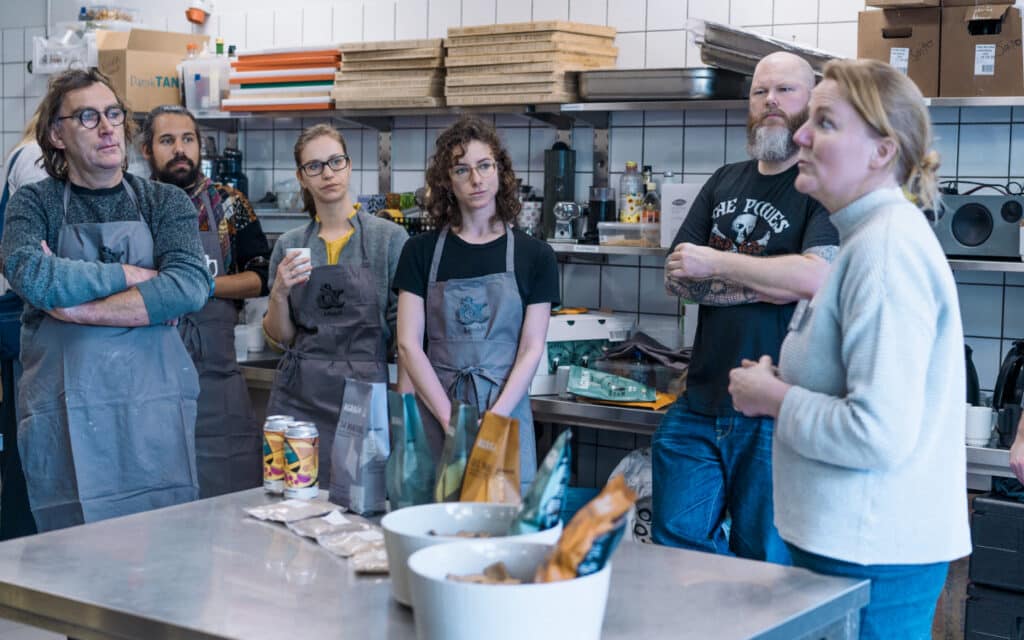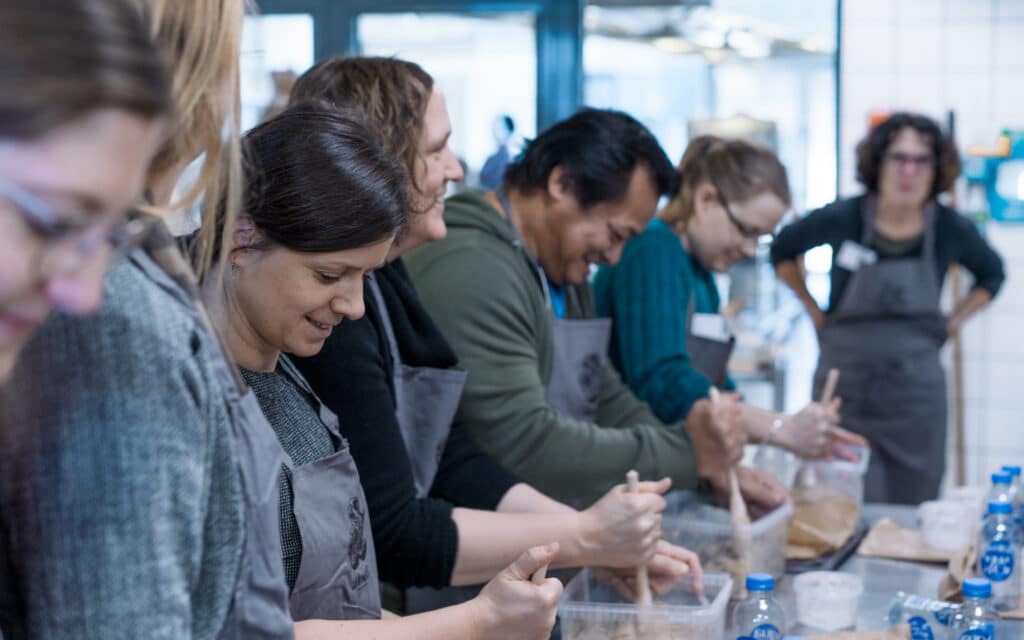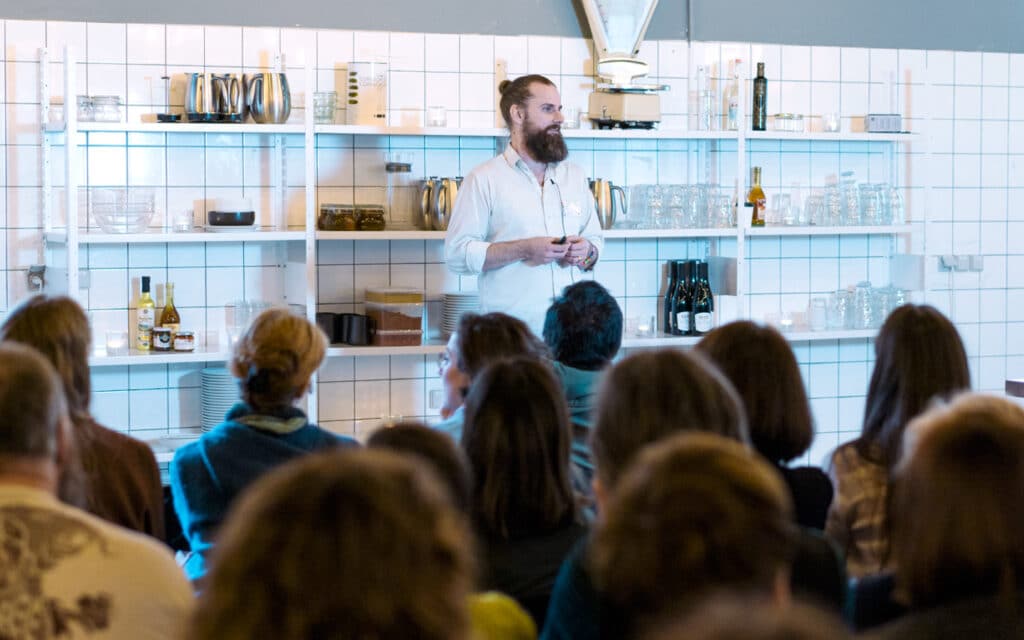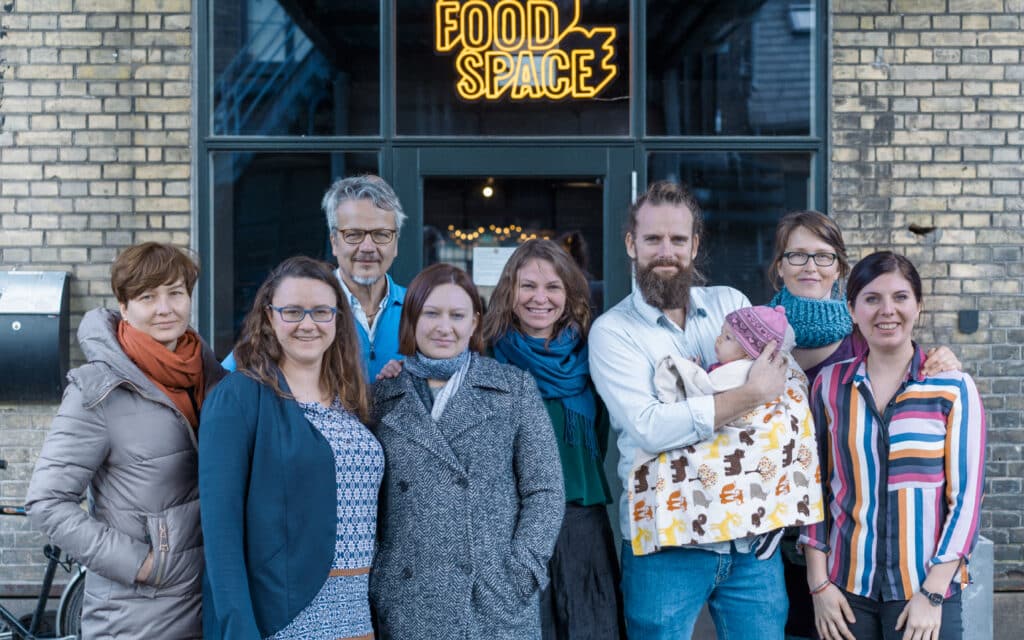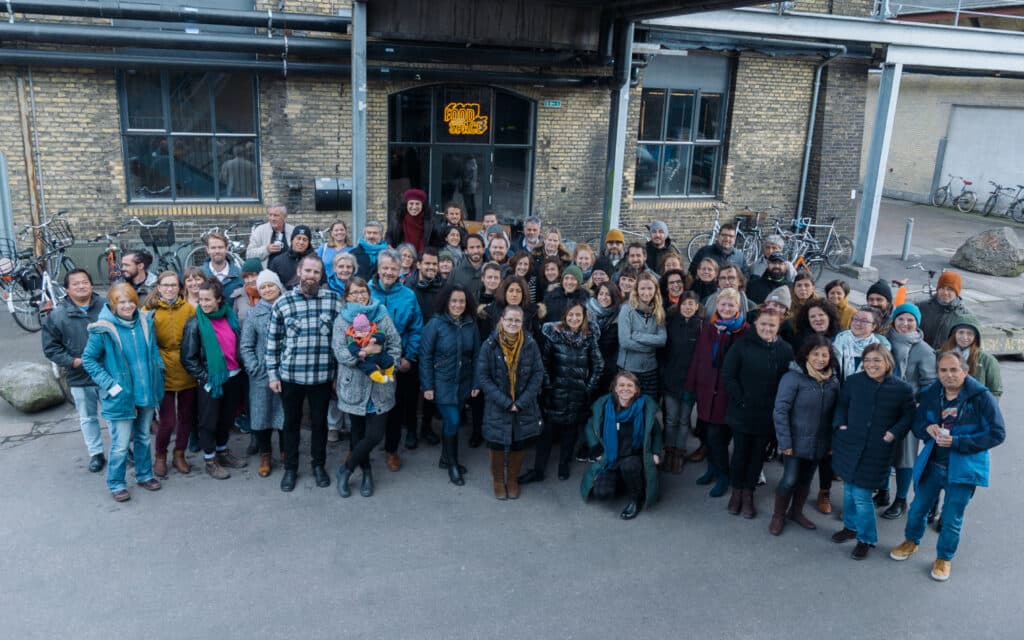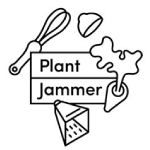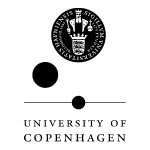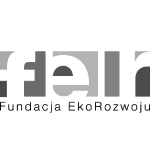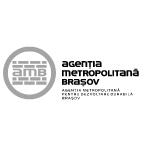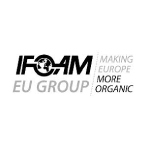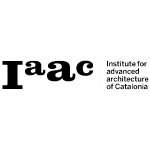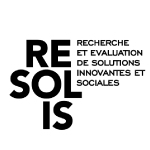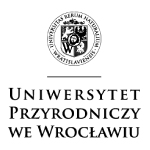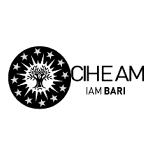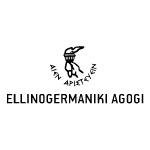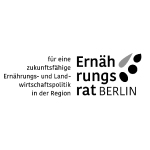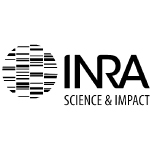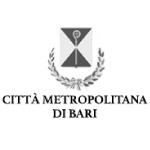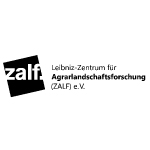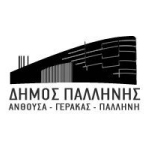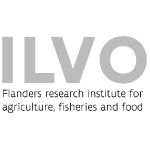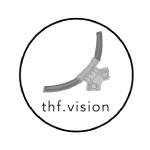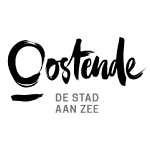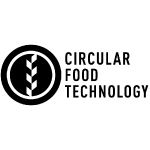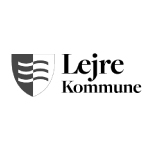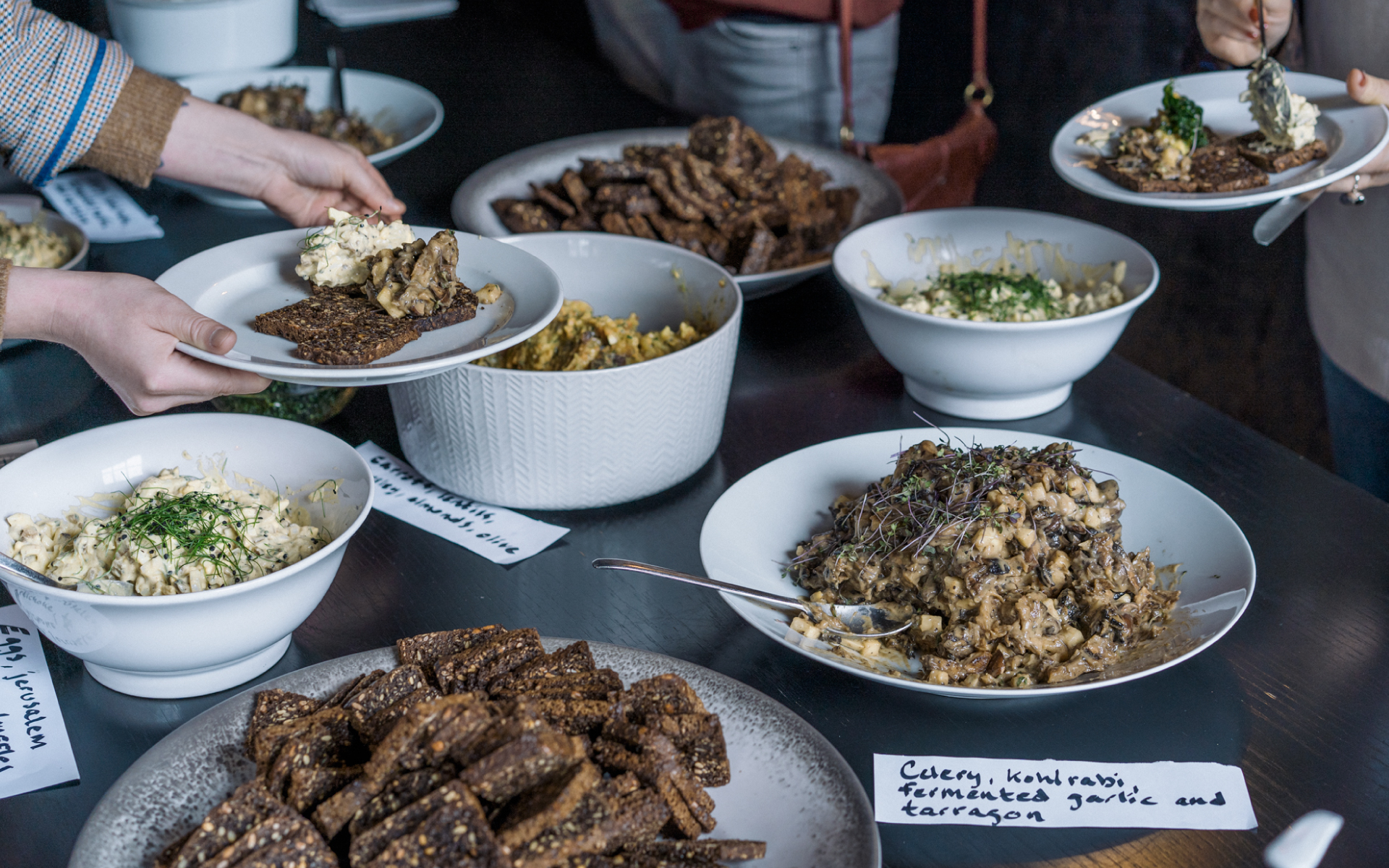
FoodSHIFT 2030
Transforming European food systems through citizen-driven approaches.
The Challenge
To create a citizen-driven transition of the European food system towards a low carbon and more circular future through eating less meat and more plant-based diets.
Our Solution
A citizen-driven mechanism to scale-up, multiply and share the best food innovations European communities have to offer.
Type of Project
Innovation Action for Societal Challenges in food security, sustainable agriculture and forestry, marine and maritime and inland water research and the bioeconomy funded by European Union’s Horizon 2020 programme under Grant Agreement 862716.
Applied Technologies
9 FoodSHIFT accelerator labs and FoodSHIFT enabler labs for citizen-driven transitions on a local and global scale.
The global food system is unsustainable and is particularly affected by the European food system. Food production takes up around 40% of the Earth’s surface globally – an area roughly the size of South America is used for crop production, while even more land—7.9 to 8.9 billion acres (3.2 to 3.6 billion hectares)—is being used to raise livestock (National Geographic). The danger of intensive agriculture to feed our demanding food system is not that we will run out of food, but we will exhaust the fertile land which provides the food in the first place and fail to utilise the crops, leaving them to waste. This, therefore, requires more intelligent, sensitive technologies to be used in agriculture alongside behaviour change and a redistributed supply chain.
The Project
FoodSHIFT 2030 is working towards innovation within themes ten and eleven of the UN Sustainable Development Goals, through advancing production technologies; better education; communication of the food system; adapting policies around use, sale and production of food for a European food system which is more circular, lower in carbon, consuming less meat and more plant-based diets. FoodSHIFT 2030 has 9 main accelerator labs in frontrunner European cities, all focusing on different components of the food system. These labs have the option to develop further FoodSHIFT enabler labs in 27 follower city-regions. FoodSHIFT is supported by 31 partners comprising 7 municipalities, 11 SMEs, 6 NGOs and 6 research institutes from 11 European countries.
Our Contribution
Fab Lab Barcelona’s role in FoodSHIFT is in communication and effective knowledge dissemination and also, to play a key role in being one of the nine accelerator labs. Barcelona will host the Food Tech 3.0 Lab, which focuses on the role of appropriate agricultural technologies for urban food production for circular economy strategies. Fab Lab Barcelona at IAAC has extensive experience in development and deployment of open source technologies which measure climate and citizen engagement platforms from previous European-funded project Smart Citizen, Organicity, Making Sense and the ROMI (ROMI Robotics for Micro farms). Barcelona is also situated to be the 2021 World Capital of Sustainable Food and will also host the International Summit of the Milan Urban Food Policy Pact, alongside also being the leader of the Fab City Global Initiative which pledges for cities to produce everything they consume by 2054.
Who is it for?
FoodSHIFT 2030 can be accessed by citizens working in the food sector in any of the nine lab regions and for anyone working on developing food technology.
Citizens
To join the citizen-driven movement to transform European food systems to be more circular and plant-based.
Policymakers
Who wish to work alongside citizens to create collective impact using citizen engagement tools which shape food production, consumption and circularity policies.
Open source (food) technologists
Who wish to participate in accelerator labs, or be part of the enabler labs.
City-regions
Working towards developing sustainable solutions for the Sustainable Urban Development Goals.
